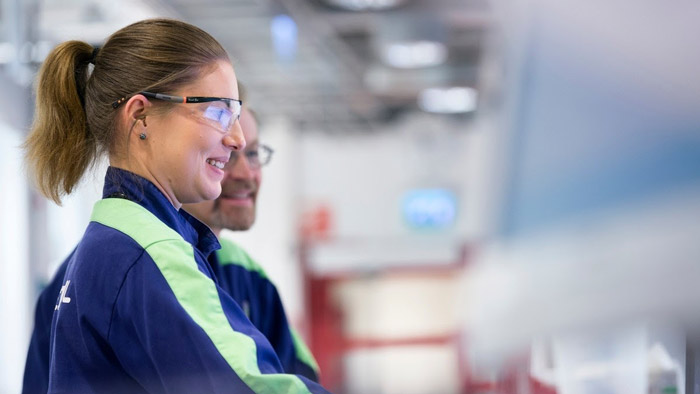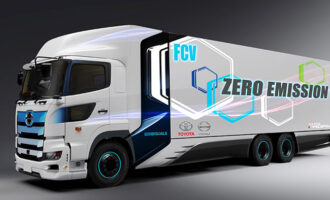
Neste R&D project to develop sustainable transport fuels, chemicals and polymers
Finland’s Neste Corporation has launched a new research project which aims at developing sustainable and globally scalable raw materials and technology solutions for transportation fuels and the production of chemicals and polymers. These new solutions decrease the use of crude oil and tackle climate change. The new technologies will be based on scalable renewable and circular raw materials that have been difficult to utilize so far, such as forestry or agricultural residues, municipal waste, algae, waste plastics and carbon dioxide.
The commercialization of these raw materials requires long-term research and development of novel value chains with partners. Neste is receiving support for the project from Business Finland and is working closely with companies, research institutes and universities.
“Neste’s target is to become a global leader in renewable and circular solutions. Innovation is an important enabler to strengthen our ambitious growth strategy. Our innovation activities focus on renewing the existing businesses and developing new raw materials and technology solutions for transportation fuels as well as chemicals and polymers,” says Lars Peter Lindfors, senior vice president, Innovation, Neste.
In the next few years, Neste will increase its investments in research and development as well as create new jobs in innovation in Finland to secure the company’s long-term growth targets. Increasing innovation promotes the competitiveness of Finnish research institutes and industry, and creates opportunities for new start-ups.
“We are developing waste carbon sources to substitute crude oil with a five-, 10- or 20-year horizon for significant commercial scale. Lignocellulosics could potentially provide a large pool of sustainable feedstock from agricultural and forestry waste and residues. Municipal solid waste and waste plastic are also interesting raw material sources, and could be a relatively short-term solution,” says Lindfors.
Further down the road are algae-based solutions, renewable hydrogen and Power-to-X, which use CO2 and renewable electricity as raw material sources.
The new raw materials have high potential globally and could replace a significant amount of the world’s crude oil use for transportation fuels by 2040.









